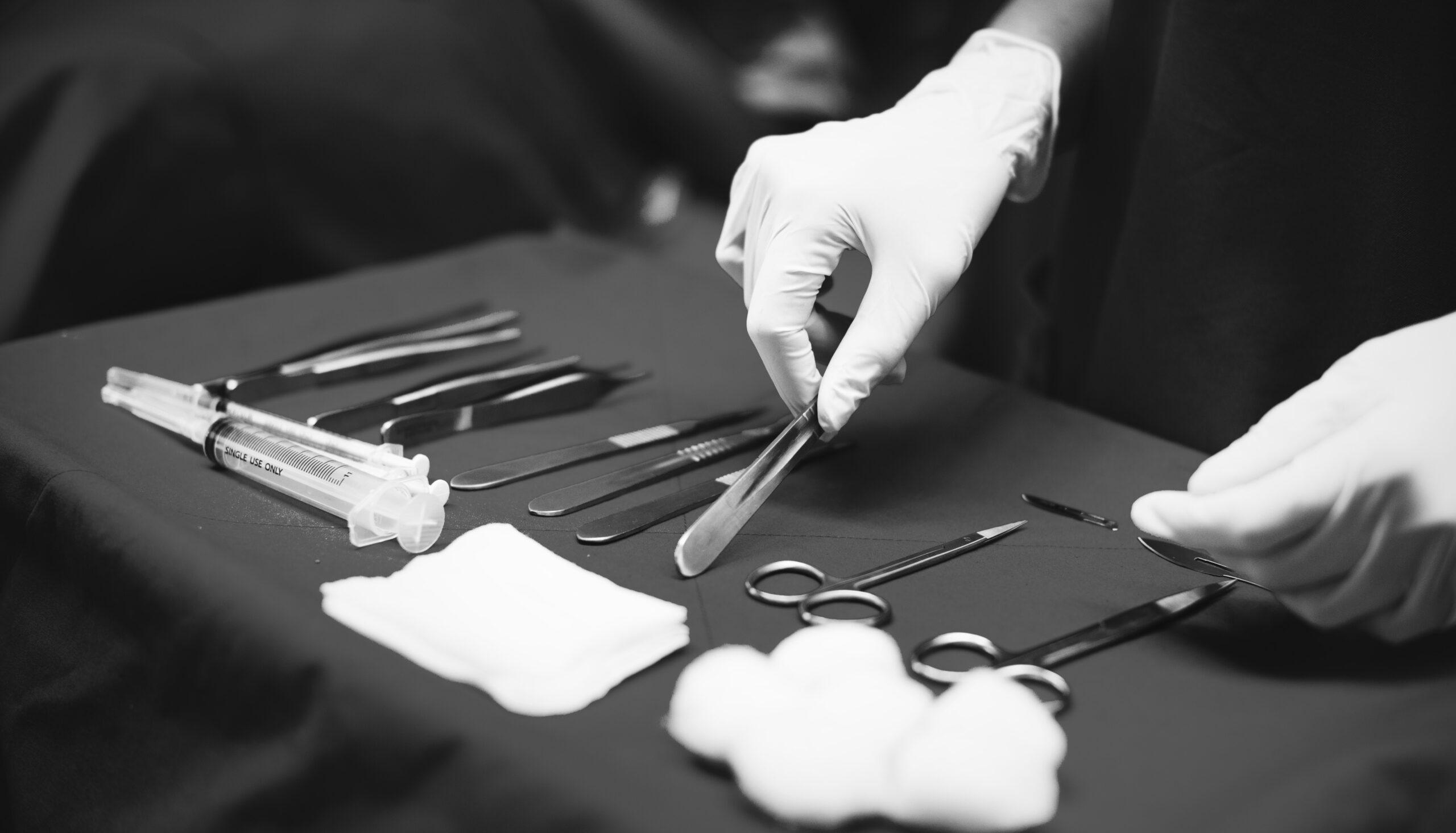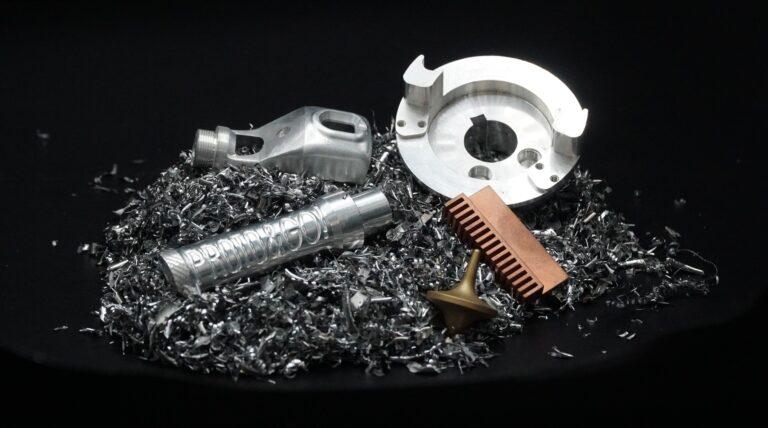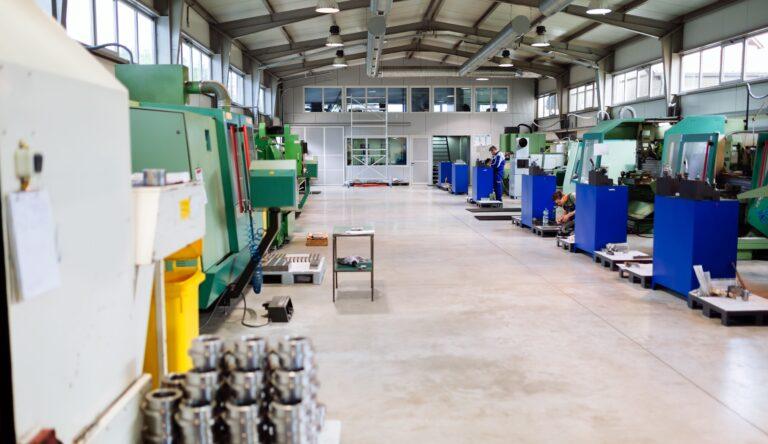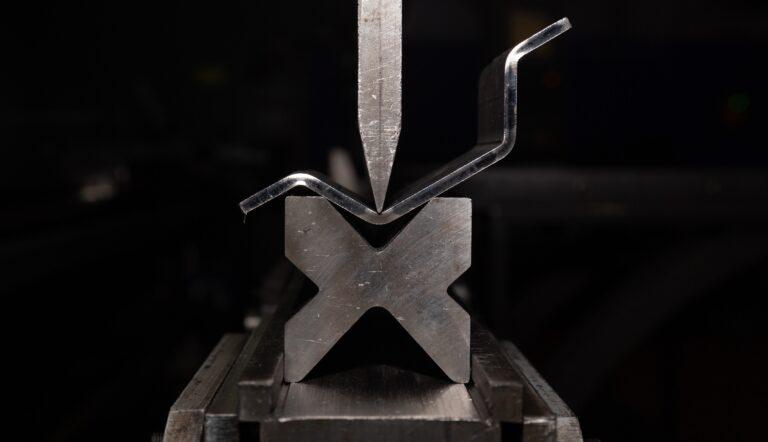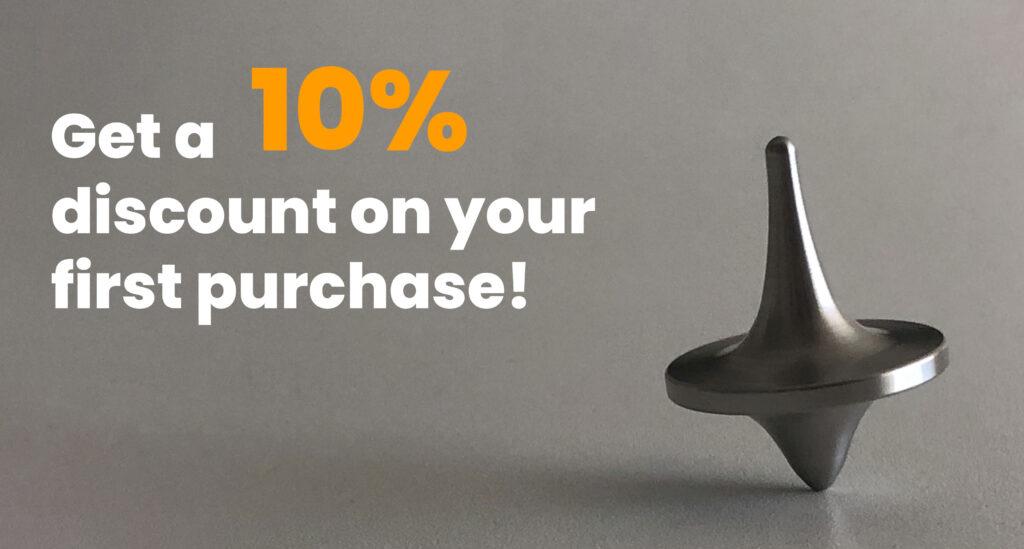The medical industry has been undergoing remarkable transformations recently, especially with regard to revolutionary innovations in medical components and devices.
It is clear that this is a sector in continuous growth and evolution, and machining is helping to create increasingly precise and complex tools.
Advances and benefits of CNC machining in the medical industry
A great advantage of CNC machining is the high precision it offers. In the medical sector, precision and accuracy are essential factors, especially in implantable devices or surgical instruments, where the slightest deviation or anomaly can mean the difference between success and failure.
CNC machining not only manufactures these medical devices, but ensures that they are manufactured with the highest possible precision.
On the other hand, what really distinguishes CNC machining in the medical sector is its great ability to manufacture parts and prototypes in a wide range of materials – from metals to plastics to composites.
But if we talk about the most important factor of machining and, at the same time, the most useful for this sector, we must undoubtedly mention its ability to innovate and create customized solutions. Customization and rapid prototyping are key factors in this industry. Thanks to this factor, designers can create tailor-made medical devices taking into account the specific needs of patients.
Applications of CNC machines in the medical sector
CNC machining can be used for a wide variety of applications within the medical industry. Some of them are:
- Design of prostheses and orthopedic devices: using 3D printing together with CNC machining to capture the patient’s anatomy, it is possible to produce prosthetic limbs, joint implants or orthopedic supports with excellent precision. The parts manufactured by CNC machining allow greater adaptation, functionality and comfort for patients, thus improving their quality of life.
- Manufacture of high precision surgical instruments: this type of machinery allows the manufacture of surgical instruments with high precision such as microscissors, forceps, forceps or needle holders. This makes it possible to ensure precise handling during interventions and thus improve procedural safety.
- Dental implant and dental device manufacturing: CNC machines are also widely used in the dental industry for the manufacture of customized dental implants, dental prostheses and other related devices.
What is the future of CNC machining in the medical sector?
CNC machining has made significant advances in the medical sector and is expected to continue to evolve in an increasingly demanding, yet promising future.
The future integration of Artificial Intelligence and Machine Learning to further improve accuracy and efficiency in medical device manufacturing is the main focus.
Finally, some trends also point to breakthroughs in nanotechnology, which promises major innovations and changes in the manufacture of biocompatibility devices.
In short, we can say that CNC machining not only offers precision and efficiency in tools and devices in the medical sector, but also provides integration, innovation and sustainability in the parts and in the manufacturing process.
At Proto&Go! we offer the best CNC machining service for your parts and prototypes. In addition, through our website you can receive your quote in less than 24 hours.

